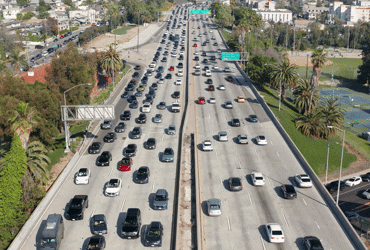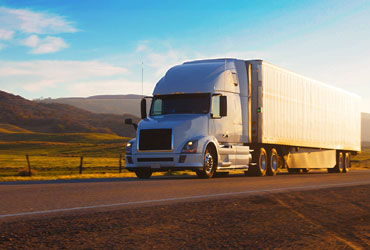ENERGY ISSUES
California's ban on gas-powered cars
JUST THE FACTS
On September 23, 2020, Governor Gavin Newsom signed Executive Order N-79-20, banning the sale of new gas-powered cars and trucks in California starting January 1, 2035. This decision was made without public vote or debate.
From that date forward, Californians will only be able to buy new zero-emission vehicles—either all-electric or hydrogen-powered. Even highly efficient hybrids won’t be allowed. Many residents are worried this mandate is unfair, unrealistic, and too expensive for everyday people.

ZEV MANDATE
How it affects us
01
Lack of Public Charger Availability
Many areas, especially rural or underserved communities, may not have enough public EV chargers. Long wait times at stations can frustrate drivers, making it difficult to travel or power up without significant delays.
02
High Upfront Costs for EVs
Despite potential long-term savings, many electric vehicles still have higher upfront prices than gas-powered models. This can make it harder for low- and middle-income Californians to afford newer vehicles, widening transportation and economic inequalities across communities.
03
Limited Power Grid Capacity
California’s power grid already struggles during heatwaves and high-demand periods. A rapid increase in electric vehicle use could strain the system, risking outages and raising concerns about whether the grid can reliably support millions of new EVs reliably.
04
Potential Job Loss
Latinos are the backbone of industries that are most likely to be impacted by EV mandates: transportation, construction, and agriculture. As these industries face increased costs associated with the transition to EV vehicles, they may have to lay off workers, or pause hiring, to manage their operating expenses.
05
Limited Options for Rural Residents
People in rural areas often need vehicles with longer ranges and more durability. Limited EV range, charger access, and model availability may not meet their needs, making the transition to zero-emission vehicles more difficult and less practical.
06
Recycling & Battery Waste Issues
EV batteries contain toxic materials and are difficult to recycle. Without proper infrastructure in place, large-scale adoption could lead to significant environmental challenges, including hazardous waste and resource shortages related to mining lithium and other rare metals.
COMMUNITY VOICES
Hear real concerns from real people



It's time to make our voices heard!
If you believe California's energy mandates are unfair, unrealistic, and unaffordable, let your legislators know.
ISSUES
Learn more about other California energy mandates
Learn more about new and proposed legislation restricting our right to choose in California.
By 2035, the sale of new gas-powered cars in California will be banned, allowing instead only zero-emission vehicles.
In 2023, California legislators approved a statewide ban on new diesel truck sales by 2036, also requiring all commercial trucks to be zero-emission by 2042.
California has banned the sale of new gasoline-powered landscaping equipment such as lawn mowers, leaf blowers, chainsaws, and other gas-powered tools and equipment.
California is pushing to eliminate the use of natural gas appliances (stoves, ovens, clothes dryers, etc.) – for both residential and commercial use.
Levanta Tu Voz es un programa de Western States Petroleum Association (WSPA), creado para levantar la voz de la comunidad latina en California.
© 2025 Western States Petroleum Association | Todos los derechos reservados
Pagado por Western States Petroleum Association
Levanta Tu Voz is a program of the Western States Petroleum Association (WSPA) created to empower voices of the Latino community across California.
© 2025 Western States Petroleum Association | All rights reserved.


